Menu
When a tree is cut down, many assume that’s the end of its life. However, nature has a remarkable way of surprising us. Under the right conditions, a tree can grow back, as long as you don’t conduct stump grinding. The process of a tree growing from a stump isn’t as straightforward, and understanding the factors that influence regrowth can help. If you are unsure whether to let nature take its course or take additional steps to prevent unwanted growth, Driscoll Tree Service is the go-to tree care company for tailored solutions. Let’s discuss crucial factors that contribute to tree regrowth for a more informed decision.
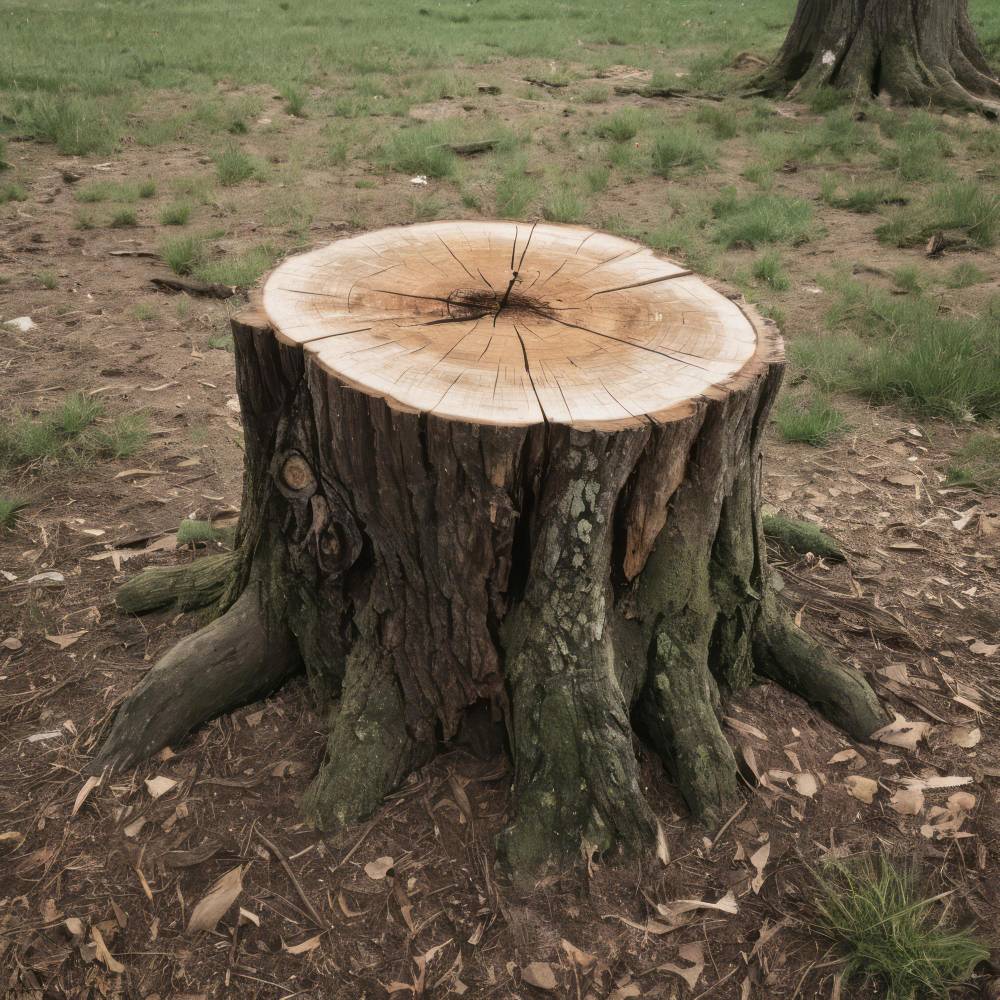
One of the most significant factors in whether a tree can grow back from a stump is the health and extent of its root system. When a tree is cut down, the roots remain alive and active for a period, even without the trunk and branches. These roots store energy and nutrients that can fuel fresh growth. If the root system is strong, it can send up fresh shoots from the stump, leading to the regrowth of the tree. However, the vigor of this regrowth can vary depending on the species of the tree and the condition of the roots.
As stated, tree species are crucial in determining regrowth. However, not all trees can regrow from a stump. Some species are more resilient and likely to regenerate, while others may not. Deciduous trees like poplars, willows, and oaks are known for their ability to sprout new shoots from stumps. Coniferous trees, such as pines and spruces, are less likely to regrow from a stump. The differences in regrowth potential are based on biological characteristics of the species. If you cut down a tree and want to minimize the risk of regrowth, consult a tree service professional to determine whether tree removal or grinding are necessary, especially for deciduous trees.
The environment plays a critical role in whether a tree stump will produce new growth. Sunlight, water, and soil quality all contribute to the success or failure of stump regeneration. A stump that receives ample sunlight and water is more likely to produce healthy shoots. In addition, nutrient-rich soil can provide the sustenance for fresh growth. For those without It is advisable to work with professional tree service providers who understand the environmental factors and how thy contribute to a tree growing from a stump.

Whether you want to encourage regrowth or prevent it, stump treatment is crucial. If you want the tree to grow back, leaving the stump undisturbed and ensuring it receives adequate water and sunlight is essential. However, if regrowth is undesirable, you may need to prevent it. Hire a tree care company in Loganville to apply the appropriate stump-killing chemicals, conduct stump grinding, or covering it with a barrier to block sunlight and prevent shoots from emerging. Arborists can recommend a suitable approach depending on your long-term goals for the area where the tree once stood.
Whether a tree can grow back from a stump depends on the species of the tree, the condition of the root system, environmental conditions, and how the stump is treated. Contact us at Driscoll Tree Service and schedule a consultation with our certified arborists to manage tree stumps on your property. Whether you want to nurture new growth or a complete tree removal, we can help you maintain a lush and safe yard.
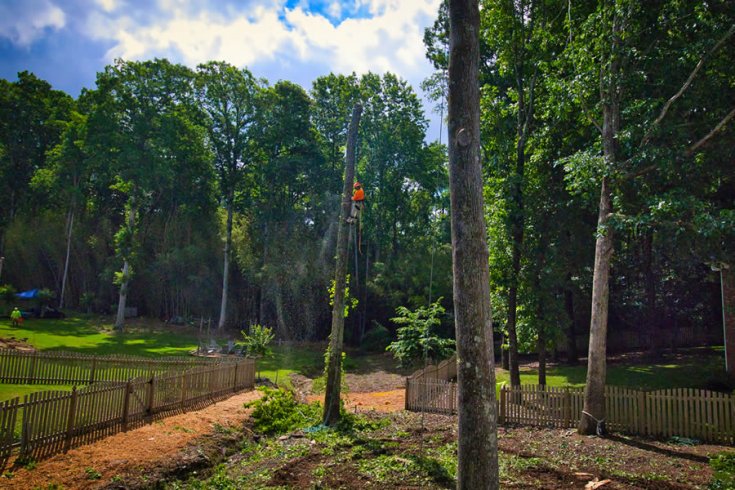
How to Tell if a Tree is Dead or Dying Trees are a valuable addition to any landscape; after spending a lot of time with them, you can tell when something is off. Some signs of damage can be detected…
Read More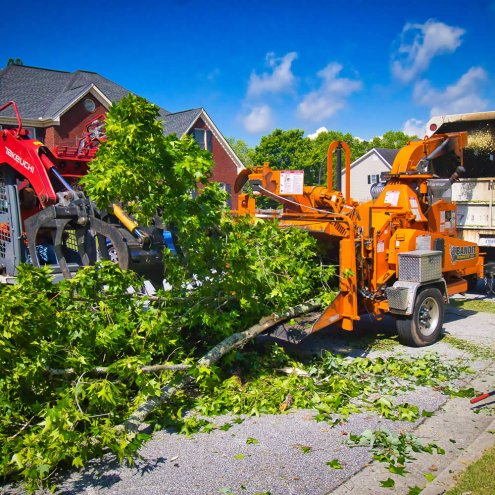
The Dangers of Ignoring Tree Removal Trees are not only nature’s exquisite creations but also valuable assets that enhance the beauty and character of your landscape. Their presence provides shade, improves air quality, and contributes to the overall aesthetics of…
Read More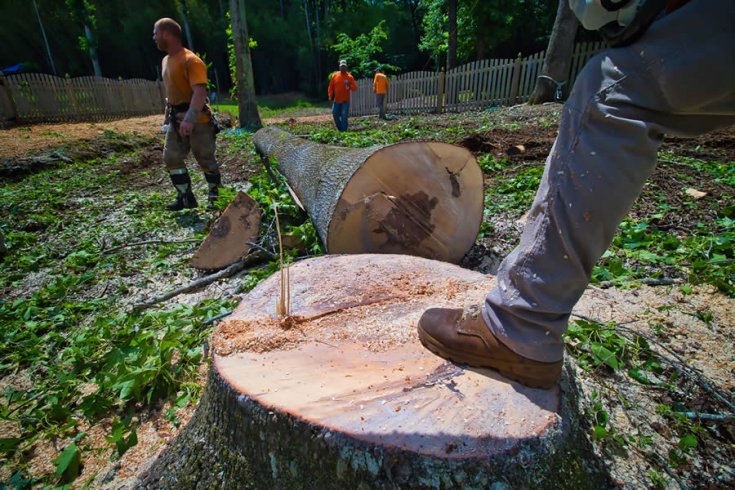
Are There Dangers in Cutting Tree Roots? Trees are more than towering entities in our landscapes; they are essential to our ecosystem, providing shade, oxygen, and aesthetic beauty. However, the decision to cut tree roots, whether driven by the need…
Read More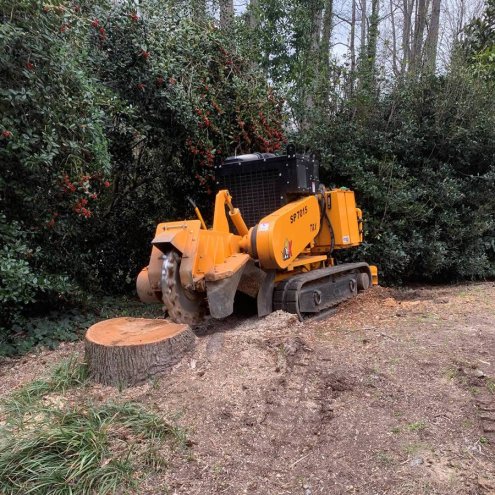
How Much Does It Cost to Grind a Tree Stump? Tree stumps may not raise concerns initially but compromise the aesthetics and safety of your yard. If you have an unsightly leftover on your property, grinding is as an efficient…
Read More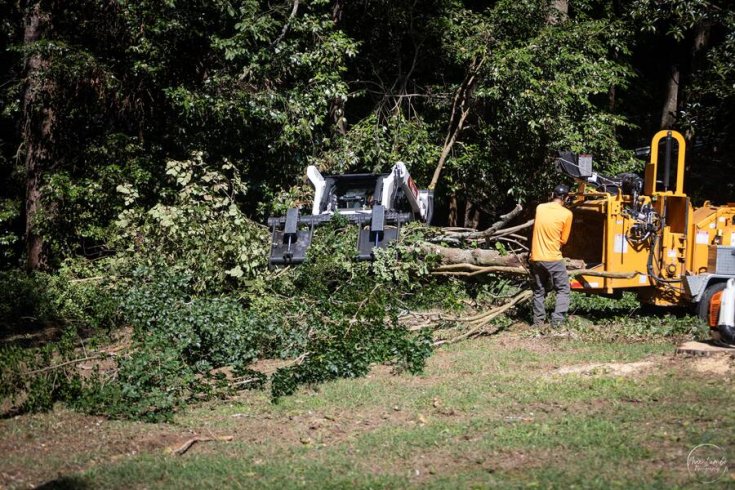
How to Know When It’s Time to Remove a Tree from Your Yard We love trees as much as the next person, but we'll be the first to say that some trees are better off gone. Suddenly-leaning trees, overgrown branches,…
Read More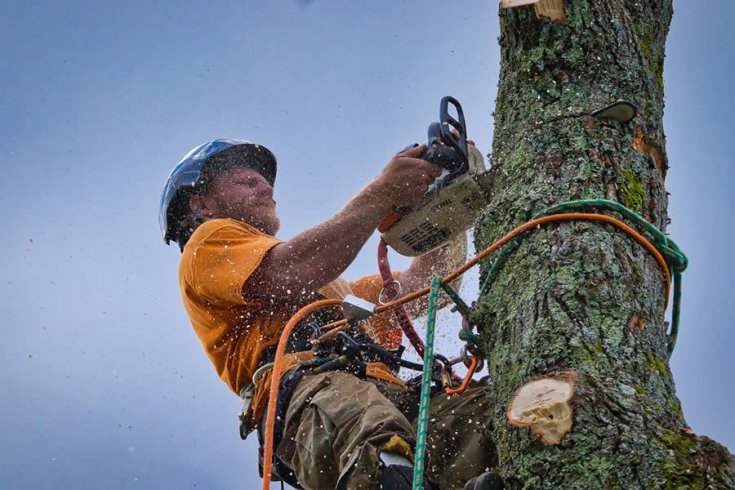
Everything You Need to Know About Residential Tree Clearing Trees provide a range of benefits for your property and the ecosystem. However, there are instances clearing is vital to mitigate safety hazards and costly damages in the future. Before hiring…
Read More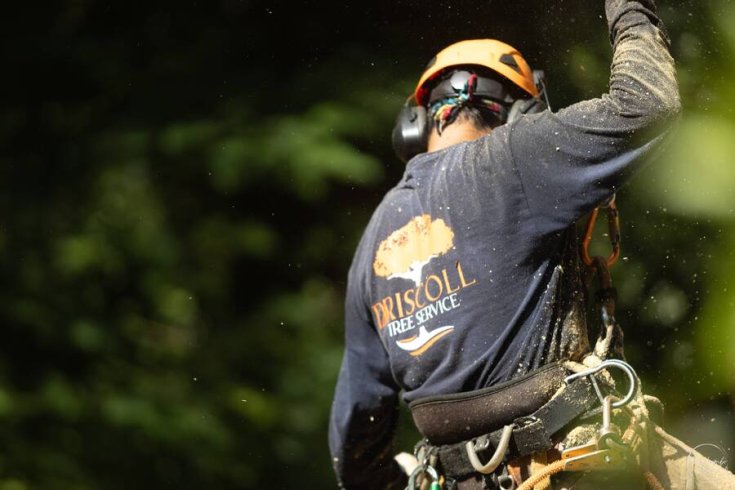
Customers have every right to wonder what a job will cost them, but this involves more than a direct question. Just calling in to ask the price of a tree removal, for instance, is not going to make anyone happy.…
Read More.jpg)
5 Resilient Tree Species that Benefit People and the Planet Trees around the world have been celebrated for thousands of years. These magnificent entities offer many benefits to the planet, drawing people to connect with them. As a property owner,…
Read More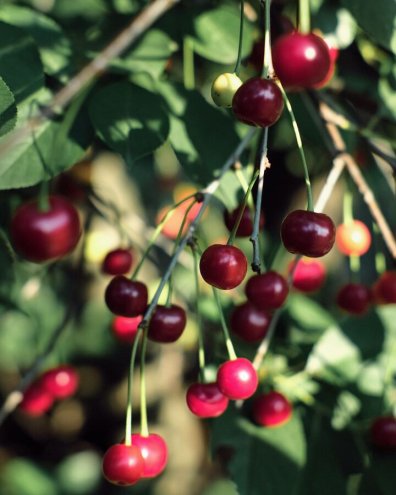
Summer Pruning Tips for Cherry and Apricot Trees Tree pruning is vital for optimum health and longevity. It is the equivalent of a haircut, as it enhances aesthetics and prevents diseases. Unfortunately, many homeowners prefer handling yard maintenance alone, which…
Read More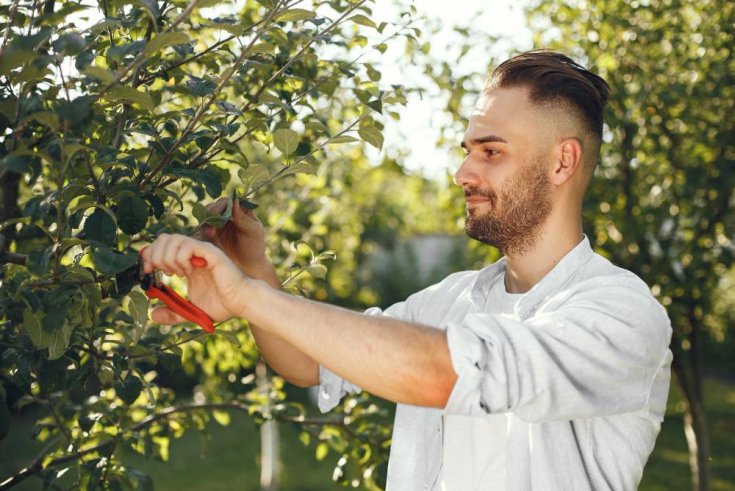
Common Mistakes to Avoid When Trimming Fruit Trees Trimming is one of the best things you can do for your fruit trees—but only if you do it correctly. At first glance, this task may seem like an easy task, but…
Read More